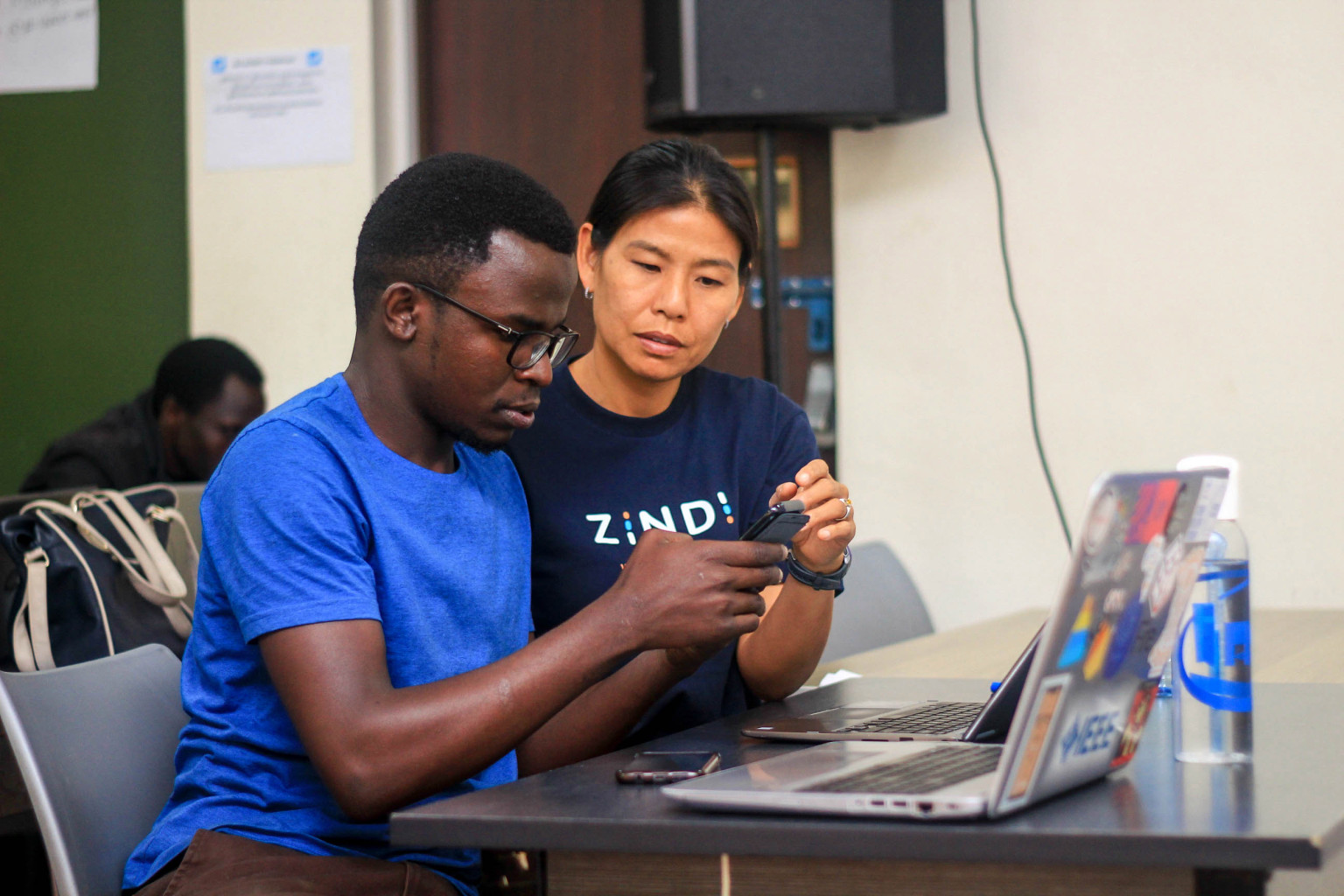Zindi: African startup registers 10,000 data scientists to solve complex problems in the continent
- A Capetown-based startup, Zindi, has registered 10,000 scientists on its platform to solve challenging issues in Africa
- Zindi makes use of artificial intelligence and machine learning to provide solutions to problems
- Since its inception, various companies such as Microsoft and IBM have signed on its platform
Our Manifesto: This is what YEN.com.gh believes in
A startup based in Cape Town, South Africa, has signed on 10,000 data-scientists on its platform to deal with complicated African issues.
Zindi employs the use of artificial intelligence and machine learning to achieve its objective, YEN.com.gh has learned.
The startup gives companies, government institutions and non-governmental organizations (NGOs) the opportunity to host online competitions with the use of data-oriented challenges.

Source: UGC
READ ALSO: Jeff Bezoz announces creation of $10 billion fund to deal with climate change
Per a report by techcrunch.com, it opens the contests to African data scientists who submit solutions, move up leaderboards and win cash prizes.
According to a co-founder, Celina Lee, the highest payout given so far has been $12,000.
Those interested, referred to as hosts, are able to create new products and integrate them into their existing systems and platforms after they receive their results.
The business model has gained the attention of big corporate players such as Microsoft, IBM and Liquid Telecom.
Zindi, which is in the process of raising a Series A funding round, intends to connect its module to new platforms.
In other news, the United Nations Children's Fund (UNICEF) has expressed interest in supporting a health app that serves as an advisor using WhatsApp and Facebook Messenger as platforms.
The app, Lily Health, is set to attract between $50 to $250,000 from the United Nations’ agency. Duke University and UNICEF announced that the app has been given a spot in the Duke-UNICEF Innovation Accelerator.
Per a report by Business Insider, the programme gives the opportunity for social enterprises to tackle the most pressing challenges that children and youth around the world contend with.
READ ALSO: Coronavirus 'forces' organizers to cancel Mobile World Congress
YEN.com.gh understands that the app gives over 120,000 women in Kenyan the ability to monitor their health statuses.
Lily Health is set to join five other entrepreneurs in the Innovation Accelerator programme to create and improve innovative ways of addressing menstrual health and hygiene in East Africa and beyond.
In the course of the two-year Innovation Accelerator programme, the entrepreneurs would be exposed to several resources.
These include UNICEF subject matter experts, mentorship opportunities, Duke University faculty and students, monthly capacity-building webinars, and a week-long residency at the Duke Innovation & Entrepreneurship Initiative (I&E).
The beneficiaries are to provide solutions that span from digital apps to reusable and disposable pads, to community health models – all aim to strengthen menstrual health, hygiene, and management while tackling pervasive cultural taboos and educational barriers surrounding menstruation.
READ ALSO: Bank of Ghana announces receipt of $3 billion Eurobond
Read the best news on Ghana #1 news app. Install our latest app for Android and read the best news about Ghana
My VGMA ban a positive thing, I wish it was extended – Stonebwoy | #Yencomgh
Use the comments section below to share your views on this story. Do you have a story to share or you have information for us? Get featured on YEN.com.gh. Message us on Facebook or Instagram
Source: YEN.com.gh
